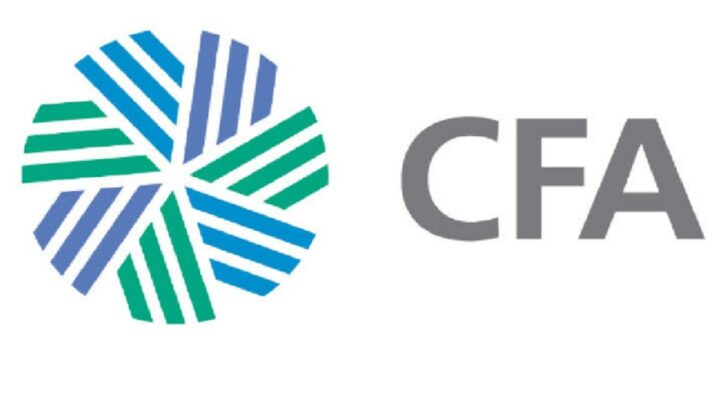The Chartered Financial Analyst (CFA) credential is one of the most well-known and well-respected in the world. The value of the CFA charter extends beyond equities research. Its prestige can lead to a variety of financial positions, including investment banking, corporate finance, and, most crucially, investment management. Few qualifications are more valuable than the CFA charter for anyone looking to work as a financial counsellor.
A sequence of three qualifying examinations are necessary to obtain the CFA credential. Preparing for each level might require more than 300 hours of self-study. Candidates can find a list of approved exam prep services on the CFA Institute’s website, who follow tight requirements to ensure that the CFA Program curriculum is followed.
The CFA Institute requires candidates to meet a number of additional requirements in addition to passing the three qualifying tests. A bachelor’s degree or four years of professional experience is required for all CFA candidates. This criteria can also be met by combining the two for a four-year total. Professional experience in a subject such as securities trading, corporate finance, or economics is required and can be obtained before, concurrently with, or after passing all three levels of the exams.
Candidates must apply for the CFA charter after completing all of the qualifications. Proof of meeting the educational and work-experience requirements must be included in the application. The candidate must be a CFA Institute member in good standing and submit at least two letters of recommendation with his or her application.
Supervisory letters that describe and attest to the candidate’s roles in the investment decision-making process are preferred – and more influential. References should discuss the candidate’s professional ethics and character in addition to work experience. References should ideally be CFA charterholders. If none of the references is a member of the local CFA Society to which the candidate belongs or is applying, three reference letters are necessary.
Obtaining the CFA charter is a common path to a successful career on Wall Street. This is especially true for people pursuing careers in investment banking, corporate mergers and acquisitions, hedge fund management, securities research analysis, and investment management, which are all highly competitive industries.
Typical jobs include the following:
• Research Analyst on the Buy-Side
• Chief Investment Officer
• Financial Analyst for a Corporation
• Portfolio Manager for Equity Securities
• Portfolio Manager for Fixed Income Securities
• Investment Banker
Keep reading successyeti.com
Also Read: Finance Vs. Accounting: Key Differences





